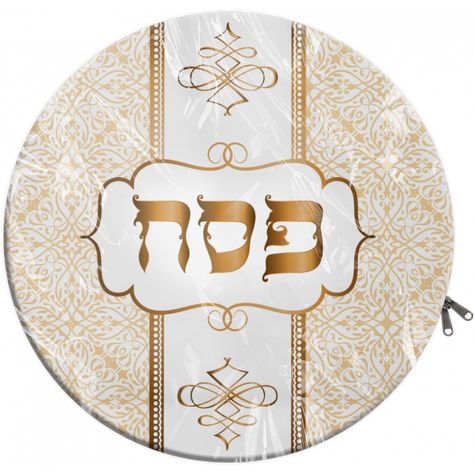During Passover, special parshas are read. There are eight different portions, one for each of the days.
Day 1
The portion for the first day tells how the people of Israel are commanded to paint their doors with the blood of a sheep. God “passes over” the homes that are so marked. But in every other home, from the highest to the lowest, God kills the firstborn child and the firstborn animal of the household. Even the child of the prisoner in the dungeons dies.
God tells the people to pack up their things, bring their unleavened bread with them, ask the Egyptians for their silver and gold, and leave Egypt.
Then God tells Moses (and this is why we read this parsha on Passover) to hold a Passover meal that only Jews can eat at. And this is why we still have seders at Passover to this day.
Day 2
This parsha corresponds roughly to the parsha Emor – Harvesting and Gleaning, second year of the trimester, describing sacrifices.
Day 3
In this parsha, we are told to eat matzah for eight days. On the seventh day, there is a festival, at which you tell your child “It is because of what God did for me when I went out of Egypt.”
Then we are told to give every firstborn male to God (or to redeem him with money.)
Day 4
Day 4 is pretty much covered in the parsha Mishpatim – Kindness to the Poor, first year of the trimester. However, for Passover, we only read from verse 24, not verse 1 of the parsha. So we begin with the warning not to charge too much interest on loans to other Jews.
Day 5
Day 5 begins at the same place as year 3 of the triennial: Ki Tisa – Moses shines. In this parsha, Moses receives commandments relating to the observance of Passover.
Day 6
On Day 6 we read part of the second triennial year parsha Beha’alotcha – the Levites, starting with Chapter 9. Once again, God orders the Children of Israel to make Passover sacrifices.
Day 7
Day 7 covers the same ground as Beshalach, first year of the triennial, in which Moses parts the Red Sea and the Children of Israel go through on dry land.
Day 8
On Day 8 we read part of the parsha Re’eh, third triennial year. Here, once again, there is a description of observing Passover in the month of the Ripe Grain (Aviv – first month of spring).

